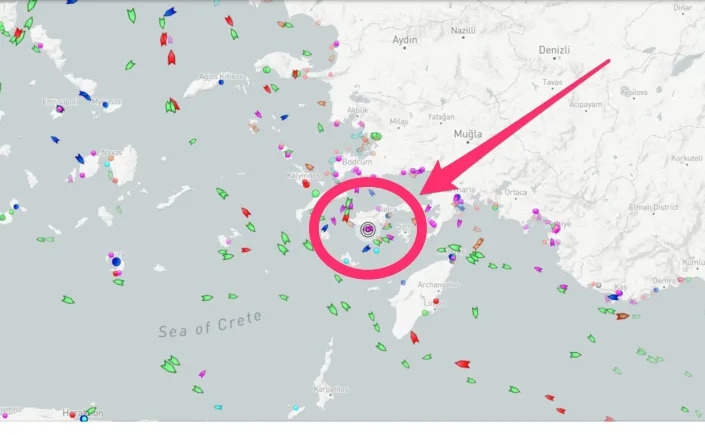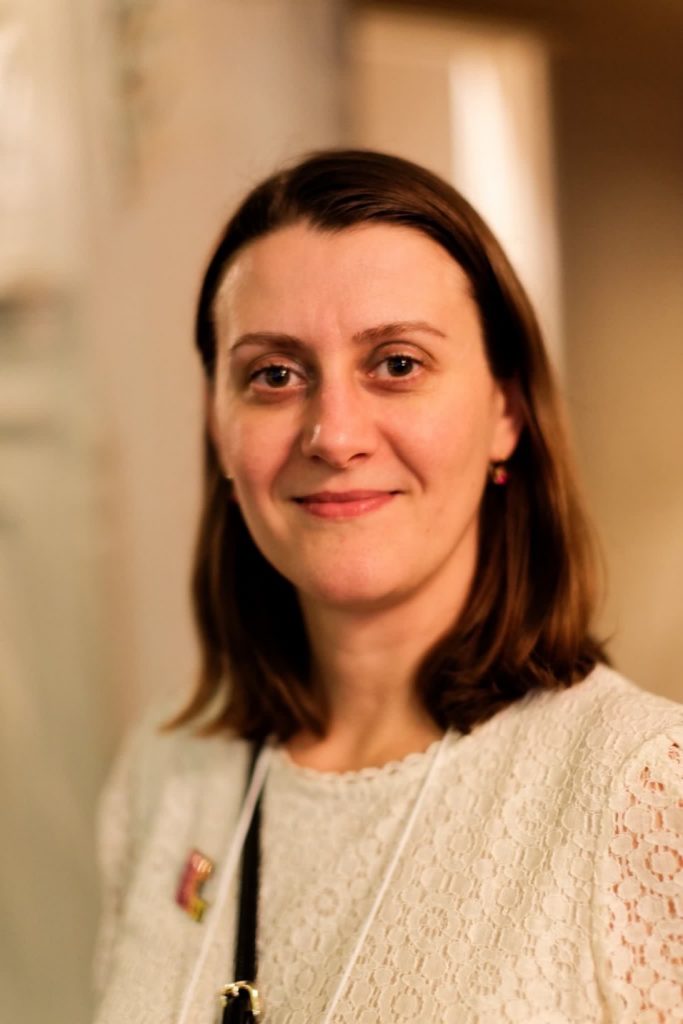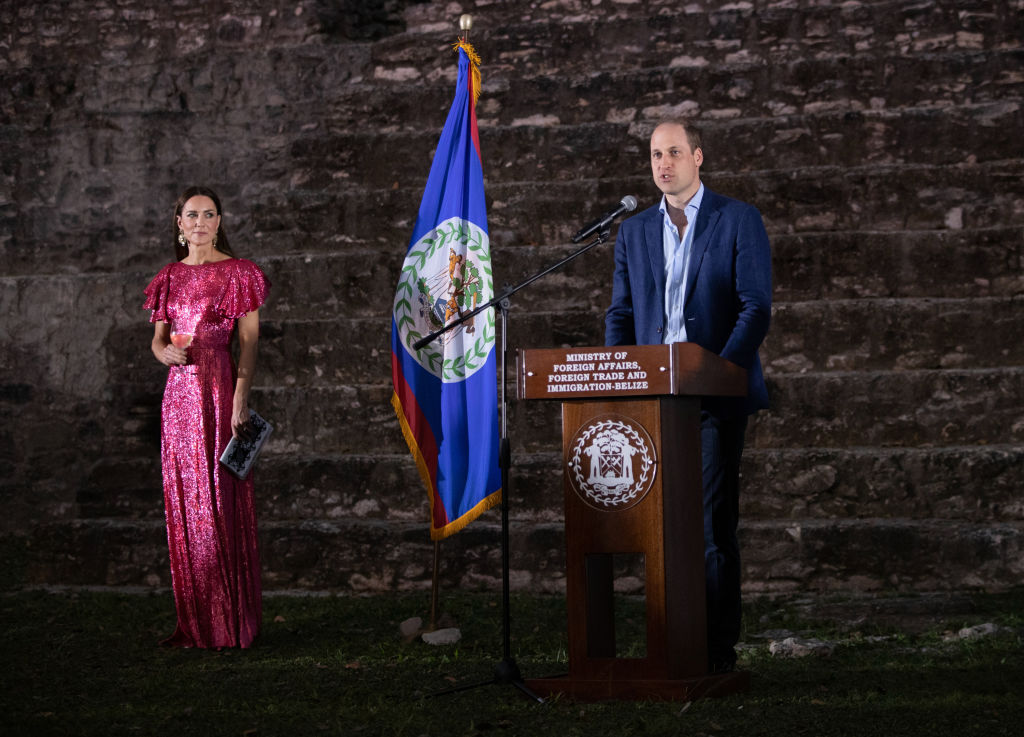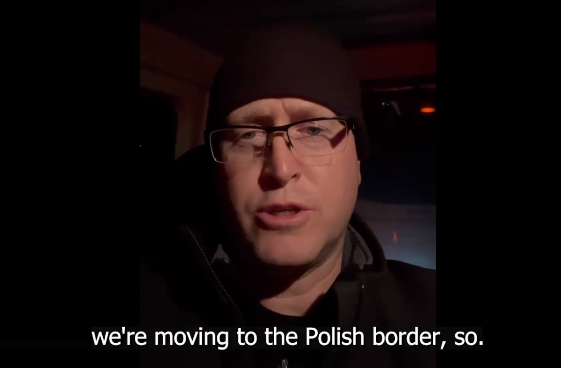Erin Richards, USA TODAY
Wed, March 23, 2022
In January, Minneapolis Public Schools students stayed home for two weeks as the omicron COVID-19 variant surged and schools shuttered. This month, schools have closed for another two weeks – and counting – because of a teacher strike.
Classes will remain canceled Tuesday, the district said Monday night. Since March 8, Minneapolis teachers have been picketing for better pay and benefits, smaller classes and more student mental health services. They're not alone. From Minnesota to Illinois to California, teachers unions are actively on strike or preparing to have members walk off the job over many of the same demands.
"I think you are going to see more militant teacher strikes over the next couple of years," said Jon Shelton, a University of Wisconsin-Green Bay professor who studies teachers unions.

Twin Cities teachers including MFT, Minneapolis Federation of Teachers Local 59, and ESP, Education Support Professionals, rallied at the Minnesota State Capitol March 9.
The heaviest COVID-19 wave is subsiding, but two years of pandemic teaching have taken a toll. Educators are navigating health protocols, staff shortages, students' academic challenges, parents' frustrations and national criticism of how they manage matters of race and sexuality in schools.
Many also feel disrespected. One out of three teachers say they've been verbally harassed or threatened by a student; almost as many report harassment or threats by a parent or a student, according to a new survey by the American Psychological Association.
Unions are demanding pay hikes for teachers and for lower-wage school workers, where turnover and shortages have sharply increased. They also want more support services for students, many of whom are struggling academically or socially after two years of disrupted learning.
But the actions aimed at improving schools are also halting in-person instruction after students have missed extraordinary amounts of it.
The organizing has echoes of the "Red for Ed" teacher strike movement in 2018 and 2019, which started in West Virginia when teachers with no legal right to strike walked out to campaign for more money for schools. Teachers secured raises, and the movement inspired educators elsewhere, including in Republican states such as Arizona, Kentucky and North Carolina.
How 'Red for Ed' started: What changed for West Virginia schools after 2018 strike
Remember 2019? Strikes, raises, protest mark teachers' exhilarating year

School staff celebrate after the House of Delegates passed a motion to postpone a vote on Senate Bill 451 indefinitely at the West Virginia State Capitol in Charleston, W.Va., during a statewide teachers' strike on Tuesday, Feb. 19, 2019.
Money is still at the forefront of concerns – although unions say they're focused on supporting struggling students and addressing teachers' workloads.
Superintendents understand teachers are underpaid and recognize how hard they're working, said Dan Domenech, executive director of the School Superintendents Association. But strikes are adding additional stress, he said.
"Parents are upset over education, they want their kids attending school in person, and now here’s another thing coming that has nothing to do with the pandemic that’s going to keep kids out of school," Domenech said.

Thousands of Chicago Public Schools staff marched through the streets near City Hall during the 11th day of a teachers strike on Oct. 31, 2019.
Teacher strikes around the country
In Minneapolis, the 11 school days missed as of Tuesday will mean the district's 31,000 students are at least six days under state learning-time requirements.
"We are committed to getting students back in classrooms as soon as possible, as well as honoring the needs of our teachers and (education support staff)," the district said in a weekend update.
Last week, educators rallied at the governor's mansion to ask for schools to receive more of Minnesota's $9 billion budget surplus.
"We're looking for contract language around class-size caps, mental health supports, recruiting and retaining educators of color, and living wages for education support professions," Shaun Laden, a Minneapolis union leader, said in an update last week. "We don't have a budget crisis. We have a values and priorities crisis."
In nearby St. Paul Public Schools, the district averted a planned March 8 strike with a last-minute deal on raises, class-size limits and $3,000 bonuses for educators. The bonuses will be paid for by the district's federal COVID-19 relief money.
In suburban Chicago, classes for 4,200 students in the Proviso High School District 209 have been canceled for two weeks as teachers strike for higher pay. District leaders say they cannot sustain the raises the union wants. Negotiations are ongoing; the district says it hopes to bring students back March 28 after a regularly scheduled spring break.
In California, Sacramento teachers began a strike Wednesday for higher pay and more staffing. Buildings are closed for approximately 43,000 students there until the strike comes to an end, the district said.
In Sonoma County, teachers in one district just ended a six-day strike, while teachers in another nearby voted to authorize a strike over many of the same concerns.
Across the districts, thousands of students have stayed home or gone to buildings with no teachers.
Domenech, from the superintendents' group, said administrators often have little financial flexibility to meet teachers' demands. Districts are funded primarily through local property taxes, and many communities don't want to pay more to support teacher raises, he said.
The federal relief money is great, he added, but it runs out in three years.
Another economic problem: Schools receive state money based on enrollment and often attendance, said William Jones, a labor historian at the University of Minnesota. So while many districts are flush with pandemic-relief cash, urban schools that have lost students during the pandemic are struggling.
School reopening: Thousands of kids are missing in these districts
"(Many) districts are really poor, despite more federal funding and despite state surpluses," Jones said. "It's weird that we have forces keeping money away from the one institution we need to pay attention to right now."

Kindergarten students participate in a classroom activity on the first day of in-person learning at Maurice Sendak Elementary School in Los Angeles on Tuesday, April 13, 2021. Some schools were closed for more than a year due to the pandemic.
'Why would someone stay?'
Public support for teachers has whiplashed during the pandemic, and support for strikes will likely vary by community.
Parents first exalted the work of educators in the early days of 2020 as they confronted the complexities of guiding their own children's schooling from home. But by summer 2021, parents were pillorying educators at school board meetings nationwide, as frustrations grew over everything from school reopening policies to pandemic protocols and curriculum concerns.
A mass exodus from the profession hasn't happened – yet. More than half of educators said they're thinking about leaving teaching earlier than planned, according to a national survey released in February by the National Education Association. But most districts are not reporting higher-than-normal levels of teacher turnover, said Shelton, the professor from UW-Green Bay.
The national labor shortage means schools are having trouble filling the openings they have.
"You’re either going to see more teachers than usual leave the profession, which will put more pressure on districts and unions to turn to recruitment and retention, or you’re going to see more militant teachers," Shelton said. "Because why would someone stay in a job that is stressful and doesn’t pay enough?"
Dirck Roosevelt, an education professor at Teachers College, Columbia University, said, "I think we're headed into a crisis."
Contact Erin Richards at (414) 207-3145 or erin.richards@usatoday.com. Follow her on Twitter at @emrichards.
This article originally appeared on USA TODAY: Schools brace for teacher strikes over post-COVID pay, benefits












